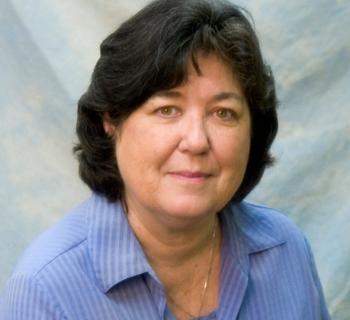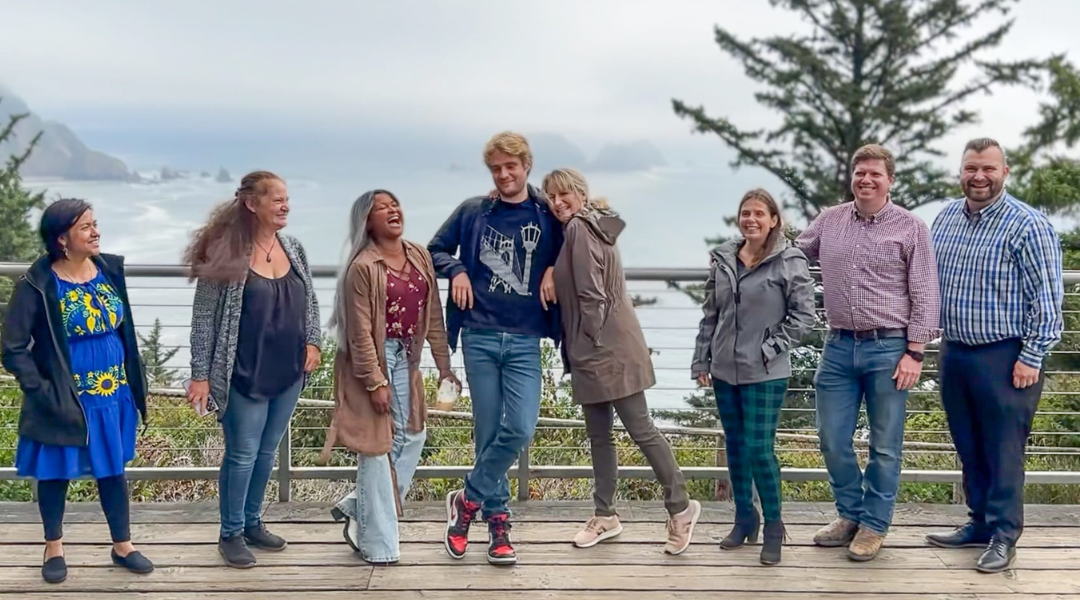Taller San Jose
Purpose Prize Fellow 2008
Helping high-risk youth restructure their lives, finish school, and develop marketable skills.
In 1992, Sister Eileen McNerney was living with three other nuns in gang-ridden Santa Ana, CA. One night she heard gunshots and then a mother crying over the body of her son, the second child she had lost to gang violence. McNerney resolved then and there to find a way to stem the tide of youth violence in a poor immigrant neighborhood plagued by a 50 percent high school dropout rate. McNerney decided the biggest obstacle to young people’s success was failure to secure and hold jobs. In 1995, at age 56, she launched Taller San Jose (St. Joseph’s Workshop) to offer training, counseling, legal help and job placement to high-risk young adults so they can restructure their lives, finish high school and develop marketable skills. More than 4,000 Santa Ana area young people have gone through Taller San Jose’s office skills academy, medical careers program or residential construction program, using support services such as mentoring, legal assistance, and job placement. Of graduates who have previously been incarcerated, 92 percent have not been re-arrested. 86 percent have moved on to full-time employment or community college. “I realized that I had had many privileges in my life and that the lives of these young people were certainly as important to them as my life had been to me. I really couldn’t bear to live there and be passive to the situation.”




